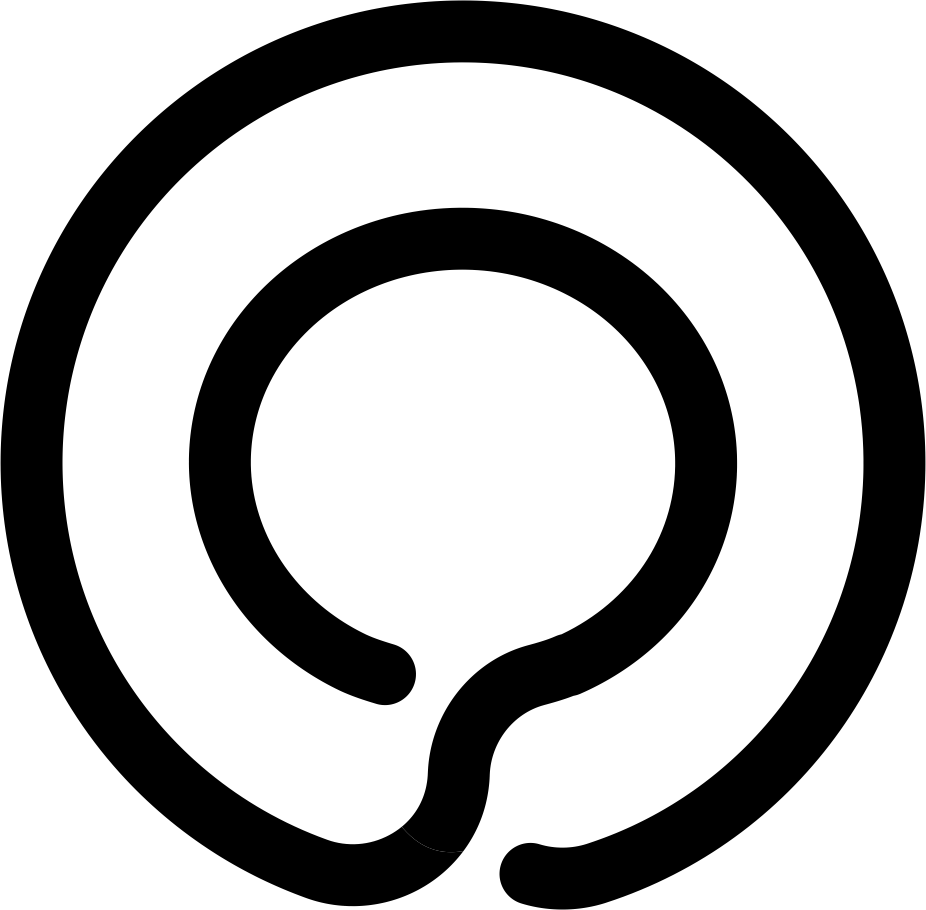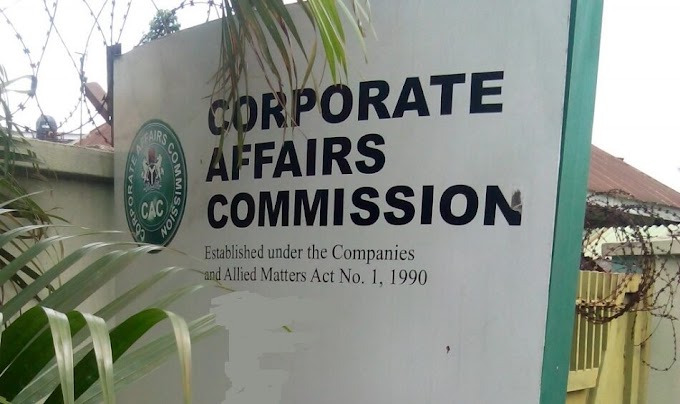What is in a name? Everything. Very often, the first piece of
information we have about an entity or a person is their name. Once you label a
concept, you change how people perceive it. This perception can lean in a
positive or negative direction. This is what makes naming important for everything,
including your business.
Netflix co-founder and first CEO, Marc Randolph, writes in his 2019
memoir about the company, That Will Never
Work, “By November of 1997, we had an office. We had a semi-functional
website that we were testing. We had dozens of mailer prototypes. We had the
beginning of an inventory. We even had a launch date: March 10, 1998. What we
didn’t have was a name. This is often the case for early-stage start-ups.”
Choosing a name for their business can give founders more sleepless
nights than anything else. And picking the right name is crucial and sometimes
takes forever. Amazon was originally called Cadabra, intended as a reference to
the word “abracadabra” (that is, magic). Twitter started off as Status. Netflix
could have been CinemaCenter or Rent.com.
Considering starting a business or you have one already? Here are
lessons from Amazon, Netflix, and Apple to get you started and keep you going,
if already started.
·
Have a Beta Name
A beta name serves as a placeholder for your business name to come.
Randolph writes that you have to allow for serendipity, for the right name to
come along as you develop your service. Sometimes, that takes months. But in
the meantime, it is prudent to have a beta name, a working title that you use
to test your site, set up email accounts, and write on bank documents. And it
can’t just be The Untitled Marc Randolph
Project.
You should be careful when choosing your beta name. Steve Kahn, a
member of the early Netflix team, while advising Randolph on picking a beta
name for Netflix, recommended they should choose something so bad it wouldn’t
be possible to use for real. “Six months in,” he said. “And you’ll be so fried
that you’ll want to just say, ‘Screw it, let’s keep the beta name.’ Your sense
of what’s good and what’s bad will be almost entirely depleted. But if you pick
something so awful that it’s obviously impossible – WeWantToRipYouOff.com,
GiveUsYourMoney.net – you’ll be forced to come up with something new.”
“Our beta name was Kibble. As in dog food,” Randolph writes. “Our bank
statements said Kibble. The website we were testing had domain name kibble.com.
My email address was marc@kibble.com.”
·
Identify Your Brand Identity
Your brand identity is made up of all components related to your
product, service, your target customers, culture, and mission. Identifying your
brand identity helps in picking the right name for your business.
When considering the best name for Netflix, Randolph writes that his
team decided that the best name for their company would combine two words: one
related to movies, one related to the internet. This move led to the birth of
the word, “Netflix”, flowing from their
understanding of their brand identity: customers requesting through a website (Net) to borrow DVDs (Flix).
·
Create Something Unique, Short and Simple
Forget descriptive names. Finding a name that is unique, short and
simple is necessary for several considerations. These considerations relate to
SEO issues, social media and domain name.
Create something unique. If your name is highly competitive with a
company dominating SEO or social media, consider another name.
Avoid generic names. How many companies do you know that are ABC
Services or XYC Technologies? If you just said the name, would you be able to
tell what industry you are in? Being too generic will cause people to overlook
you if you sound like every company out there. Get to the heart of what you do.
What’s your story? (“15 Mistakes to Avoid When Naming Your
Business,” Forbes, June 8,
2017)
Create short names. This is important for effective digital marketing.
Create identical social media handles across all platforms, so your customers
can easily find you by typing the same handle. 15 is the maximum character
length for a Twitter username. Don’t forget that.
However, if you must use a long name, consider a name that can be
easily shortened. For example, FCMB stands for First City Monument Bank, HP
stands for Hewlett-Packard. You get the idea?
Keep it simple. Randolph observes that picking a name is incredibly
difficult. For one thing, you need something catchy, something that rolls off
the tongue and is easy to remember. One or two syllable words are best – and
ideally, the emphasis should be on the first syllable. Think of the most
popular website names: Goo-gle. Face-book. These names open with a bang. Too
many syllables, too many letters, and you run the risk of people misspelling
your name. Too few letters, and you risk them forgetting the name.
·
Ask People for Ideas
Brad Stone writes in his 2013 bestseller book, The Everything Store: Jeff Bezos and the Age of Amazon, that in
1994, Jeff Bezos, Amazon founder and CEO, and his then-wife, MacKenzie Tuttle, started
brainstorming names. During that time, they registered several web domains,
including Relentless.com. Friends suggested that it sounded a bit sinister.
However, something must have captivated Bezos about the name. He registered the
URL in September 1994 and he kept it. Type Relentless.com into the web today
and it takes you to Amazon.
Todd Tarbert, first lawyer to Bezos, also pointed out that the magical
allusions of Cadabra Inc. were too obscure.
The entire Netflix team of 15 people filed into Randolph office to
brainstorm a name and came up with several names, including NowShowing, WebFlix,
NetPix, CinemaCenter, among others.
The idea is, you shouldn’t do it alone. Brainstorm ideas with your start-up
team. Consult your trustworthy friends on their takes on the list of names you
already have.
·
Make it Easy to Read, Hear and Say
Adam Alter, an Associate Professor of Marketing at New York
University’s Stern School of Business, with an affiliated appointment in the
New York University Psychology Department, notes that beyond their meaning,
words also differ according to how easy they are to pronounce. People generally
prefer not to think more than necessary, and they tend to prefer objects,
people, products and words that are simple to pronounce and understand. (“The Power of Names,” The New Yorker, May 29, 2013)
He writes, “In 2006, my colleague Daniel Oppenheimer and I investigated
the performance of hundreds of stocks immediately after they were listed on the
financial markets between 1990 and 2004. We discovered that companies with
simpler names that were easier to pronounce received a greater post-release
bump than did companies with complex names.”
Tarbert also pointed out to Bezos that over the phone, people tended to
hear “Cadabra” as “Cadaver”.
In picking a business name, it’s important you choose something that is
easy to read, hear and say. It helps your customers to easily express and
remember the name.
·
Research for Availability
“And then there’s the issue of what’s available. It doesn’t matter if
you find the perfect name, if someone else already owns the domain or the
trademark,” Randolph writes. “For the past several weeks, I’d invited anyone
who had an idea to add it to the board. I’d already done most of the legwork
about availability, trademarks, and the like.”
Start by checking out your naming ideas with Google. The second place to check with is the
relevant authority responsible for the registration of business names within your state.
In Nigeria, this would be the Corporate Affairs Commission (CAC). You could quickly
conduct public search on CAC website,
making sure the name is available for registration to avoid trademark issues.
Research the relevant laws of your state on registration of business
name. Companies Allied Matters Act, Cap. C20, Law of the Federation of Nigeria,
2004 (CAMA) is the principal legislation governing the registration and
management of business name in Nigeria. It makes provision for prohibited names
(names that you’re forbidden from using); restricted names (names that you can
only use under certain conditions); names that must be registered; and names
that need not be registered.
Lastly, search for domain name availability. There are several hosting
sites online, such as WhoGoHost.com, where you could do this.
Randolph liked Rent.com. After conducting domain name availability, he
realised somebody else already owned the domain, and it would have cost him
$40,000 to buy it.
Learn from Randolph.
READ ALSO: 8 BENEFITS OF REGISTERING YOUR BUSINESS ENTITY
·
Check for the Meaning of Words in Other
Languages
If you aspire to make your business global, you need to check the
translation of the name in multiple different languages.
Co-founder of RotaCloud, James Lintern, says, “Something we only
realised recently was that in Spanish, the word ‘rota’ directly translates to
‘broken’. So, in Spanish, we aren’t RotaCloud, we’re Broken Cloud. This isn’t
ideal for a tech company, but we’re very fond of our brand name. We do operate
globally, but we don’t have a huge number of customers in Spain.” (“The Art of Choosing the Right Name for Your
Business,” Forbes, March
15, 2020)
Megapussi is a business name on bags of potato chips in Finland. It’s
actually the Finnish word for “mega bag”.
Other product names that mean unfortunate things in other languages
include Pee Cola (soft drink), Vergina (beer), and SARS (drink).
Just pause and imagine the distasteful public reaction should these
businesses expand to Nigeria.
·
Have a Deadline
Walter Isaacson writes in Steve
Jobs, the authorised self-titled biography of Steve Jobs that for Apple,
the deadline for deciding what name to register for the company was the next
day, when Jobs wanted to start filing the papers. He told Steve Wozniak, Apple
co-founder, that if a better name was not found by the next afternoon, they
would just stick to Apple. You know the rest of the story.
Netflix had several weeks.
Don’t ruminate for too long. Decide on a name and get on with it. Stone
writes that, “In late October of 1994, Bezos pored through the A section of the
dictionary and had an epiphany when he reached the word ‘Amazon’. Earth’s
largest river; Earth’s largest bookstore. He walked into the garage one morning
and informed his colleagues of the company’s new name. He gave the impression
that he didn’t care to hear anyone’s opinion on it, and he registered the new
URL on November 1, 1994.”
A business name is never set in stone and can be changed. Amazon was originally
registered as Cadabra Inc.
·
Consider Branding and Timing
Remember the first sentence of this article? William Shakespeare asked
the same question in Romeo and Juliet
in 1595. “What is in a name?” he writes. “That which we call a rose by any
other name would smell as sweet.”
While the business name is important, what matters most is the image
you create around that name. Whether a name is perceived well or not mostly
depends on perception management in the first six to twelve months. (“15 Mistakes to Avoid When Naming Your
Business,” Forbes, June 8,
2017)
Apple, Netflix and Amazon are not perfect names, however, the value
they give to the world makes them look perfect.
When Jobs proposed “Apple Computer” because apple was one of his
fruitarian diets, Mike Markkula, who soon thereafter became the first chairman of
the new company, declared, “It doesn’t quite make sense.”
Isaacson writes that the two words together – Apple Computer – provided
an amusing disjuncture.
Jim Cook who ended up as one of the most important members of the
Netflix team observed that “Netflix” just made him think of porno, as in “skin
flicks”. Randolph confirmed the imperfection in the name when he writes, “It
wasn’t perfect. It sounded a little porn-y. But it was the best we could do.”
When Bezos decided to use “Amazon”, he went straight ahead to register it
without caring about people’s opinions on it.
Your branding is much bigger than a name. Always remember.
Paraphrasing one of Steve Jobs popular quotes, your business name is
going to fill a large part of your business life, and the only way to be truly
satisfied is to find what you believe is the right name. The best way to
discover the right name is to follow the above lessons from the eminent founders.
If you have not found it yet, keep looking. Do not settle. As with all matters
of the heart, you will know when you find it.
Bezos found his true magic in the word “Amazon” and wondered, “This is not
only the largest river in the world, it’s many times larger than the next
biggest river. It blows all other rivers away.”











Let's Get Connected